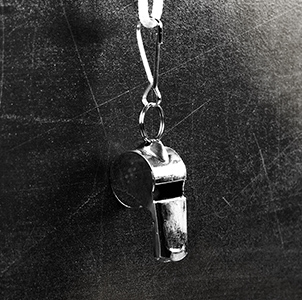When considering the endemic problem of bullying in academia, the scandals that receive media attention often involve perpetrators who are "star academics" with records of bullying and multiple complaints over many years. The explanation offered is typically that these people are bullies despite being star academics. Their misbehaviors - sexual harassment, power abuse, mobbing, and discrimination - are attributed to an unfortunate decoupling between being a good scientist and being a decent person. Based on an increasing number of reports and the scientific community's growing understanding of academic bullying, we propose an alternative explanation: rather than being bullies despite being star academics, a portion of powerful scientists have become star academics because they are bullies.
In this article, this hypothesis was considered based on scholars' research. For instance, reports on harassment at Dutch universities demonstrated that the sabotaging of academic careers is among the forms of harassment most frequently reported by members of underrepresented groups. Interestingly, the risk of sabotaging one's own academic career is one of the main reasons that targets of academic bullying respond with silence. The perpetrators, use ever-changing performance criteria and exclusion from relevant resources to justify denying their targets tenure, promotions, and professorships. A recurring pattern among female interviewees concerned bullying behaviors that either started or became worse after they began to establish excellent track records of publications and/or funding.
This seemed puzzling to the authors at first, but the testimony they received uniformly pointed to the same dynamic: some department chairs may want to promote their own home-grown "crown princes," even if they are lower-performing. Typically, the techniques for sabotaging scientific careers described above, especially the random interpretation of so-called objective performance criteria for promotion, would facilitate such cronyism. However, when other academics in the department perform undeniably better than the crown princes, that was a problem.
Academia urgently needs a paradigm change towards culturally sensitive team players who are aware of the dynamics of power and privilege and who will not incentivize bullying, but rather stimulate community spirit. Achieving this goal will require the proactive contributions of all stakeholders in an interdependent and collaborative manner.
It is time to effectively address issues that past leadership (both departmental and institutional) has too often neglected or exploited for their own benefit: the harassment and abuse of those underrepresented and marginalized in the academy for various reasons. We need attention and collaborative action by all members of the scientific workforce from the local to the global scale, to stand in solidarity and empower scholars to bring about long overdue systemic change in academia.



